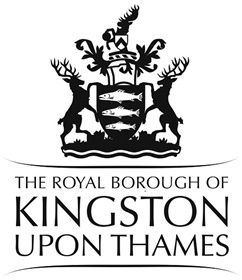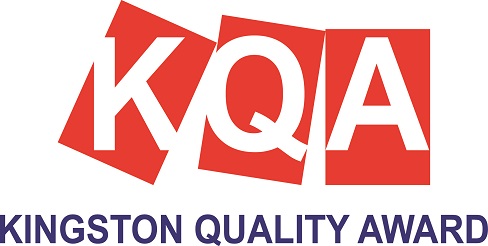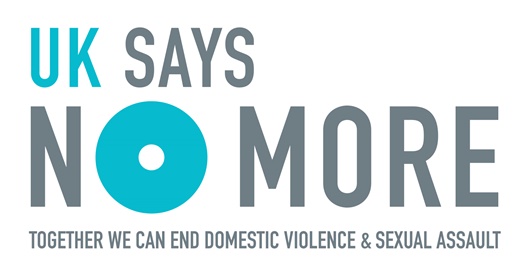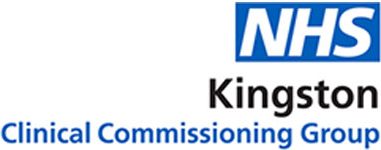CORONAVIRUS (COVID-19) – Mind in Kingston Update
This page contains information about the current outbreak of the coronavirus (or COVID-19, its official name), and provides advice for people that use Mind in Kingston services.
The World Health Organization has declared the coronavirus as a public health emergency of international concern. The UK Chief Medical Officers have raised the risk to the UK from moderate to high.
1. What is coronavirus?
The coronavirus is a type of virus; as a group, coronaviruses are common across the world. It is a new type of virus that was first discovered in 2019 and it is spread via cough droplets.
Generally, people experience mild to moderate symptoms and recover within 2-14 days. The coronavirus can cause more severe symptoms in people with weakened immune systems, older people, and those with long-term conditions like diabetes, cancer and chronic lung disease.
2. What are the symptoms of coronavirus?
The symptoms of coronavirus are:
- a new, continuous cough
- a high temperature
- a loss of, or change to, your sense of smell or taste
These symptoms do not necessarily mean you have the illness. The symptoms are similar to other illnesses that are much more common, such as cold and flu.
If you feel unwell, seek the advice of a health professional by calling your GP or the 111 NSH Helpline (see section 3 below).
3. Current Government Advice
The government announced a roadmap to reopening services in February 2021 with measures slowly being eased over March, April and May. The expected date for most COVID-19 measures to end is the 19th of July.
Most of our services have now resumed face-to-face delivery although we are also offering remote options. We will maintain COVDI-19 safety measures for all our services and expect beneficiaries to wear face masks, use hand sanitiser or wash their hands regularly and observe social distancing. As we work with vulnerable people, it is likely we will continue these measures even after the 19th of July. The safety and wellbeing of our beneficiaries as well as our team is paramount.
We have implemented the following measures on the advice of the NHS and government:
- Face coverings and visors are worn in close contact services (this became law onthe 24th of September 2020)
- Support groups for people with disabilities (including mental health) can still meet in some circumstances and must be limited to a maximum of 15 people
- Indoor organised sports are not permitted under current regulations
- People who are already exempt from the existing face covering obligations, such as because of an underlying health condition, will continue to be exempt from these new obligations.
- Workers who can effectively work home, should do so. Public sector employees working in essential services, including education settings, should continue to go into work where necessary.
For details and an updated list of what you can and cannot do, please visit the government’s website by clicking here.
If you display coronavirus symptoms or if you are self-isolating you should stay at home.
For medical advice, call your GP practice or 111, the NHS helpline. You can also check the NHS Coronavirus page which contains information about the virus, test and trace, the NHS COVID-19 app and other useful information, by clicking here.
4. What you can do to minimise the spread of viruses
It is important that you help to reduce the risk of spreading the virus by following the NHS steps of Catch It, Bin It, Kill It. If you live with others, we advise that you pass on these steps to them as well:
- wash your hands with soap and water often – do this for at least 20 seconds
- always wash your hands when you get home, to work or other places
- use hand sanitiser gel if soap and water are not available
- cover your mouth and nose with a tissue or your sleeve (not your hands) when you cough or sneeze
- put used tissues in the bin straight away and wash your hands afterwards
- try to avoid close contact with people who are unwell
- do not touch your eyes, nose or mouth if your hands are not clean
The majority of people who are affected by coronavirus will experience mild to moderate symptoms and will recover within 2-14 days. If you have any existing conditions, we advise you to take precautions and limit exposure to other people – this will ensure that the risk of contracting the virus will be kept to a minimum. Please check in with your GP, care coordinator, CPN, psychiatryst or other health professional and follow their advice.
5. Mind in Kingston’s Services
Mind in Kingston remains committed to maintaining and supporting the safety and wellbeing of our beneficiaries as well as that of our staff, volunteers, trustees and colleagues from other organisations. Staff that can work from home will do so, and staff that provide essential support face to face will do so with strict measures in place.
We will continue to offer a mix of face to face and remote options for our services, even when the lockdown ends. As none of our services are delivered from our office, the office will remain closed to the public.
We are available by phone on 020 8255 3939 for support, general advice, information and signposting during our usual office hours, and you can also contact us at [email protected].
Please visit our social media pages for updates on courses, services and other (mostly free) initiatives.
Facebook: @mind.kingston
Twitter: @mindinkingston
Instagram: @mindinkingston
This page is reviewed on a regular basis and updated as and when the government updates its advice.






